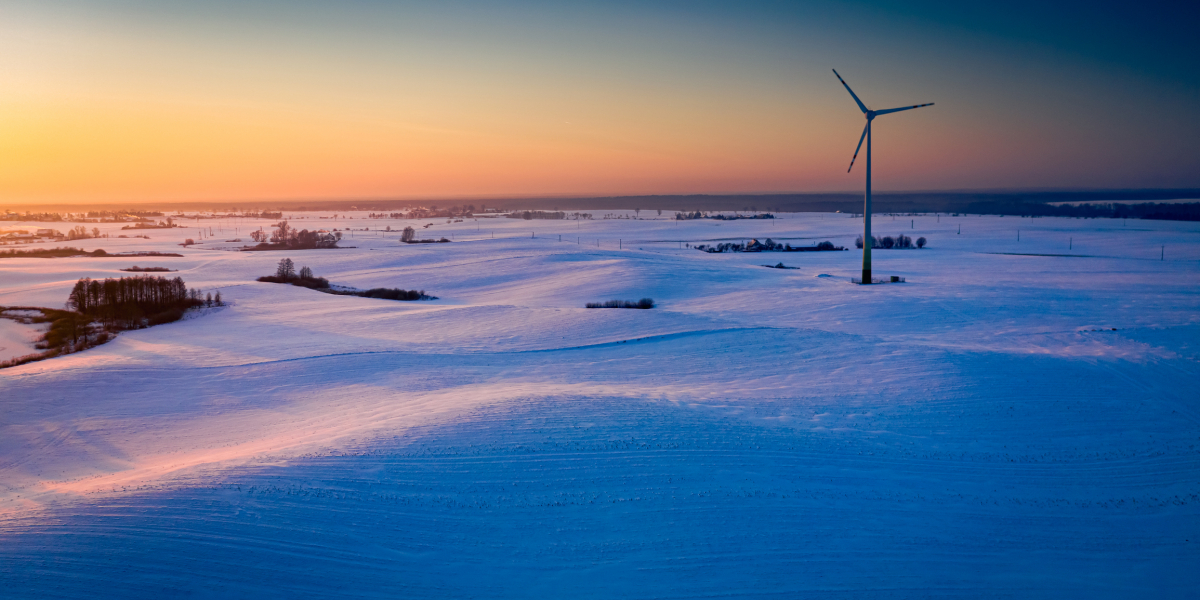The Economics and Environmental Policy Research Network (EEPRN) is launching a new request for research proposals (RfP) targeting academic research on accelerating the transition to an equitable, resource-efficient, low-carbon economy. This RfP uniquely builds upon recent work by a partnership led by the Smart Prosperity Institute (SPI) on the material needs of decarbonization (see links to relevant materials below), and is designed to feed into emerging policy-oriented research needs on a clean-energy transition that ensures Canada’s continued prosperity in a low-carbon future.
Topics of particular interest for this funding opportunity include:
Policy, regulatory, and governance challenges for low-carbon, circular transitions.
- What policies or regulatory changes are needed to better integrate resource efficiency or other circular economy objectives into project approval, siting, construction, maintenance, and decommissioning decisions for low-carbon energy production, storage, or infrastructure projects? What are the potential costs and benefits of this integration?
- What regulatory innovations are required to accelerate new project approvals to support a low-carbon energy transition (e.g. new critical mineral extraction or refining, or new renewable energy infrastructure) while also driving improved performance on environmental and social outcomes?
- What evidence or data exists from theory, practice, modelling, or case studies about how circular policy approaches can complement existing climate policy frameworks in accelerating an economy-wide low-carbon transition, or within specific sectors? How cost-effective are these approaches?
Advancing Reconciliation and/or equity, diversity, and inclusion (EDI) outcomes within a low-carbon, circular transition.
- What innovative regulatory, institutional, governance, or finance reforms are needed to align the material needs of decarbonization with Reconciliation and/or EDI goals?
- What are the impacts (positive or negative) of circular policies or approaches to drive resource efficiency and lower environmental footprints of material sourcing for a low-carbon transition on Indigenous Peoples, equity-deserving groups, or low-income Canadians?
Supporting greater coordination between national, regional, and local efforts for low-carbon, circular transitions.
- What challenges exist for local and regional governments in the establishment of circular, clean energy value chains and how can local/regional efforts inform federal policy design for greater resource efficiency?
- How can multi-scale or multi-jurisdictional collaboration for low-carbon solutions and greater circularity be facilitated, and how should existing regional or federal policy frameworks be shifted to accommodate new solutions at each level of government? Is there any evidence on what approaches tend to be most successful?
Data, metrics, and indicators for a low-carbon, circular economy.
- What new metrics or indicators are needed to inform decision-making, set targets, and track progress on climate, environmental, sustainability, reconciliation, and social goals in the context of a transition toward a circular, low-carbon economy? Are there opportunities for big data to support these objectives?
- What new data or indicators (or better integration of existing data and indicators) are needed to track the environmental or climate footprint of products from upstream material sourcing through downstream primary, secondary, tertiary, etc., markets?
Proposals should be focused on Canada and can be submitted by faculty, graduate students, or post-doctoral fellows. This call is seeking to fund both full research proposals (typically not exceeding $30,000; to be completed by March 31st 2026) as well as shorter research development activities (not exceeding $10,000; to be completed by March 31st 2025). Final deliverables should include a research paper submitted to the SPI Clean Economy Working Paper series and a policy-maker oriented blog post, highlighting main research findings and policy implications.
Deadline for applications is 11:59 pm PT on February 16, 2024
- For more information, see the full Request for Proposals and download the application template here.
- Pour plus d'informations, consultez le modèle de proposition de recherche complet et téléchargez-le ici.
- To learn more about the Economics and Environmental Policy Research Network click here.
- Questions? Please contact us at research.network@smartprosperity.ca.
SPI publications on the material needs of decarbonization:
